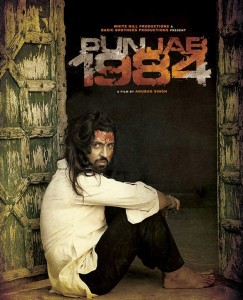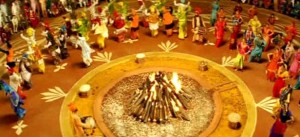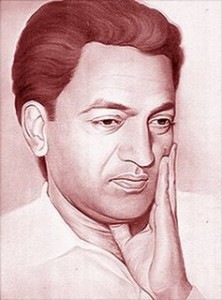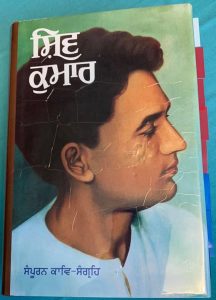 Shiv Kumar Batalvi’s poetry stands for it’s heightened passion, separation and lover’s agony. He is indeed Birha da Sultan – the king of separation of a beloved. He has dived into the abyss of pathos and put it in words that have inspired both the lovers and the lovers of Punjabi language.
Shiv Kumar Batalvi’s poetry stands for it’s heightened passion, separation and lover’s agony. He is indeed Birha da Sultan – the king of separation of a beloved. He has dived into the abyss of pathos and put it in words that have inspired both the lovers and the lovers of Punjabi language.
The beauty of Shiv’s poetry is the simplicity of his words at the surface but pack a punch at a deeper level that has few rivals in the language. At an age of 30, he became the youngest recipient of Sahitya Akademi Award, a literary honor by India’s National Academy of Letters, Sahitya Akademi.
For more than 4 decades, his poems have attracted the singers with his poignancy and emotions. Each one has sung his poems with welled eyes to varied music genres. From acapella version by Shiv himself (check my blog here) to modern renditions, every singer has brought their own style, music, and flavor to his poems.
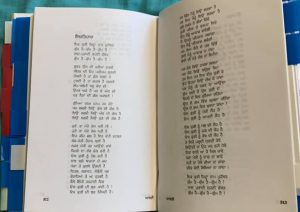 A few months back, as I started to pluck the strings of the guitar, once again Shiv’s poetry beckoned and I looked up to a more modern rendition of my all-time favorite poem – “Ishtihaar“. It is also sometimes called “Ikk Kudi“. The song has been arranged in musical notes by likes of Rabbi Shergill, Hans Raj Hans, and classic, Mahender Kapoor’s version. I had to find a version that a novice guitar player like me could play easily. And I found just the one from the movie Udta Punjab. It is sung by Diljit Dosanjh, with music by Amit Trivedi.
A few months back, as I started to pluck the strings of the guitar, once again Shiv’s poetry beckoned and I looked up to a more modern rendition of my all-time favorite poem – “Ishtihaar“. It is also sometimes called “Ikk Kudi“. The song has been arranged in musical notes by likes of Rabbi Shergill, Hans Raj Hans, and classic, Mahender Kapoor’s version. I had to find a version that a novice guitar player like me could play easily. And I found just the one from the movie Udta Punjab. It is sung by Diljit Dosanjh, with music by Amit Trivedi.
This version attracted me for a number of reasons – the simplicity of music arrangement, modern guitar chords, and of course Shiv’s poetry. As I started dissecting the song, I found that there was not a perfect version that I can play. So I had to create chords for it first before any strings would vibrate on the guitar.
With this blog post, I am sharing the chords for the song along with the English translation of the same.
Download printable version of the chords for the song from Udta Punjab.
Enjoy playing this on a guitar.
JPS Nagi
December 2018
